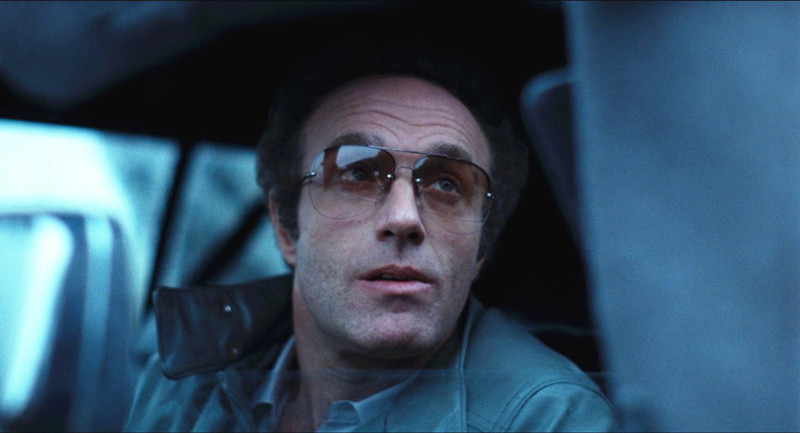
The 1980s were a transformative decade for Hollywood that shifted away from the gritty, auteur-driven style of the New Hollywood Wave and witnessed the alarming emergence of mega blockbusters, feel-good teen comedies, and multi-billion-dollar franchises that completely took over the box office. However, the thriller genre stayed relevant throughout the Eighties, producing a chock-full of delectable cinematic offerings to choose from that have stood the test of time and still hold up today.
Combing through likely titles for this round-up list, strong cases can be made for cultural touchstones like “Die Hard”, “Predator”, “The Road Warrior” and “The Terminator” that still permeate the zeitgeist as well as trailblazing international imports like Jackie Chan’s Police Story series and Sammo Hung’s “Eastern Condors” that won our hearts but didn’t quite make it in. The list below represents an attempt to gauge the essence of the thriller in the 1980 with a robust selection of titles that kept us on the edge of our seats and are worthy of your time.
20. Fatal Attraction (1987)
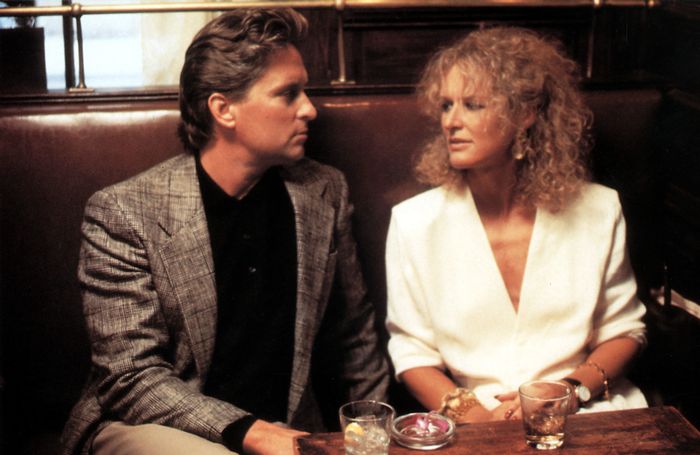
Once upon a time when prudish, teen-oriented superhero fare didn’t rule the multiplex with an iron fist, major studios used to roll the dice and bankroll censor-pushing erotic thrillers that didn’t mind getting down and dirty. The Eighties in particular witnessed a new influx of R-rated potboilers that set screens aflame with cross-sections of unexpected twists, deadly femme fatales and sexual tension.
If you’re a fan of “Basic Instinct”, “The Last Seduction”, or “Bound”, you can thank Adrian Lyne’s six-time Oscar-nominated landmark hit for getting the ball rolling. King of sleaze Michael Douglas, who essentially made a career out of playing middle-aged boomers who’d get roped into chaotic spirals of self-obliteration time and again, disappears into the role of Dan Gallagher, a married New York lawyer who’s haunted and stalked by his neurotic one-night fling (Glenn Close). Boiled bunnies or not, Fatal Attraction’s legacy lives on.
19. Clue (1985)
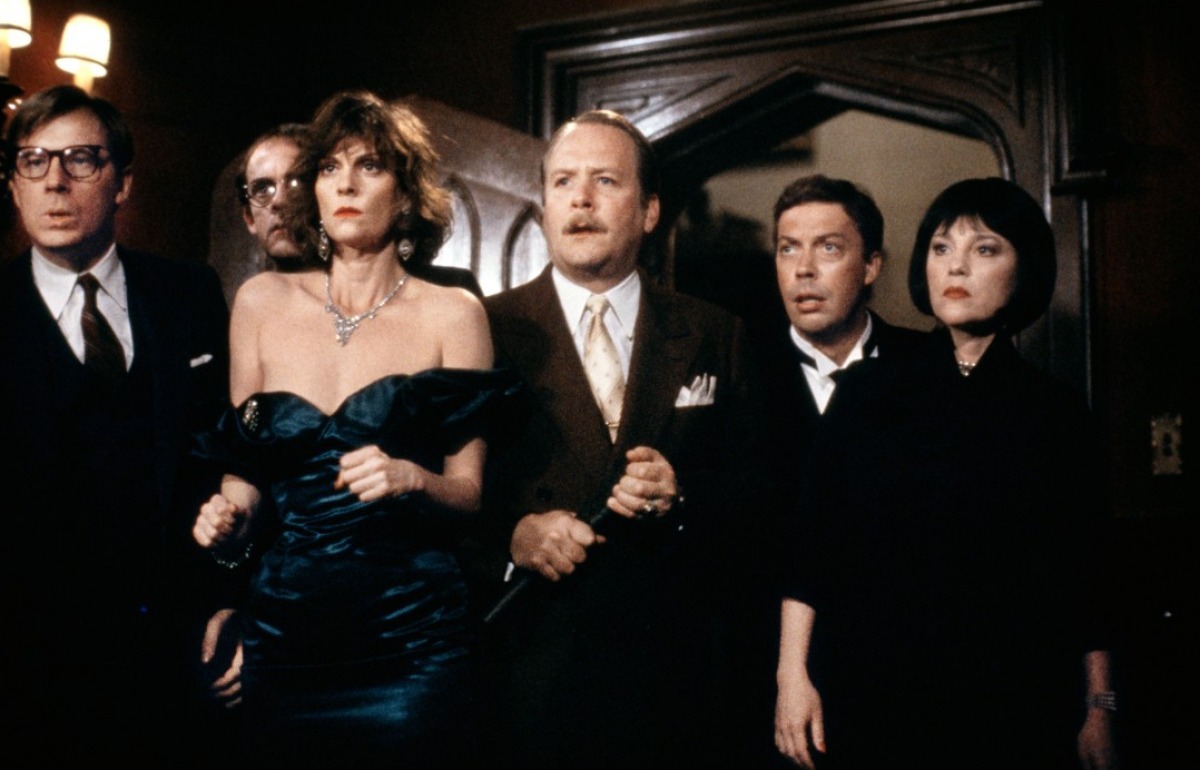
At a moment in time where run-of-the-mill mystery whodunits are hard currency in Hollywood, it’s easy to forget just how refreshing, radical, (occasionally silly, yes, but extremely entertaining) this cornerstone of the thriller genre remains to this day.
In a premise that sounds a bit like the set-up for the next installment in Rian Johnson’s “Knives Out” saga—mansion-on-the-hill setting and all—“Clue” finds six dinner guests gathered at the mansion of their host, who turns up dead, leaving it up to themselves, along with the butler, to suss out the culprit before the body count rises. Much like them, first-time viewers will find themselves wondering whom to trust at every turn of this precision-tooled crime caper. And if the film feels archetypical by today’s standards, keep in mind it’s only because it codified many of its tropes in the first place. Come for Tim Curry’s pitch-perfect performance, stay for the all-timer ending.
18. Manhunter (1986)
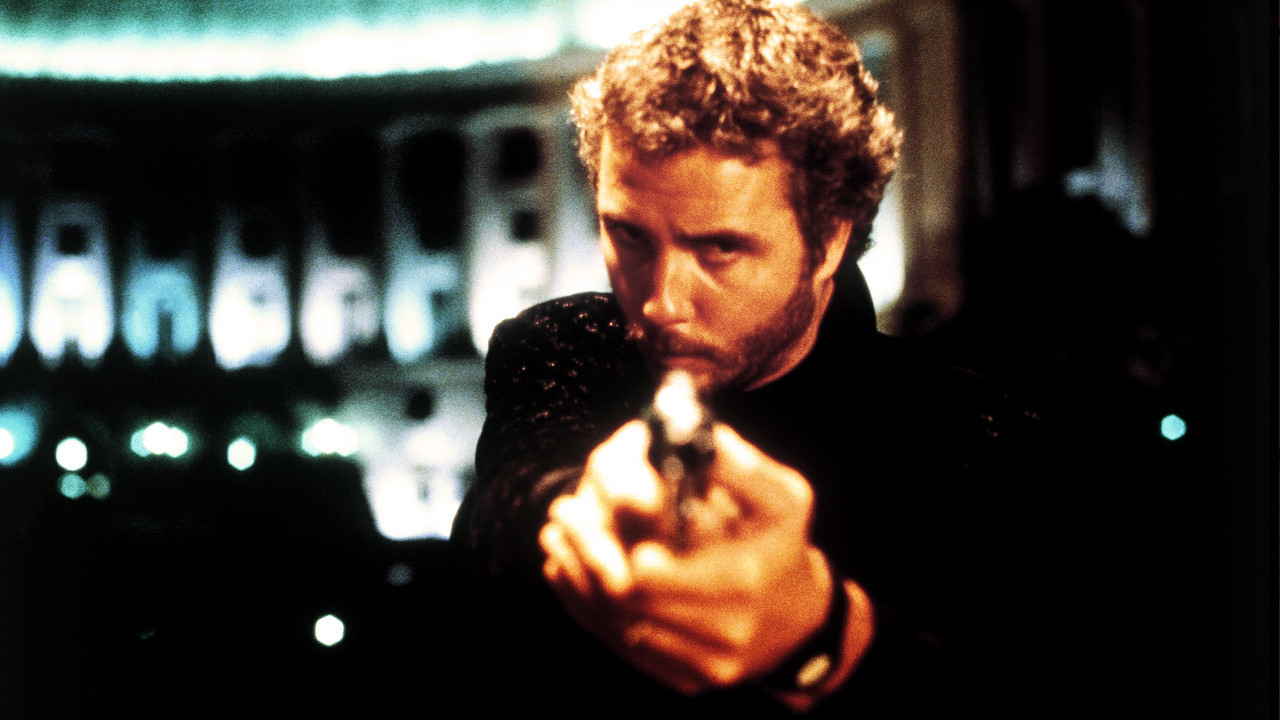
It may not have been greeted with the same degree of adulation as Jonathan Demme’s treatment—which incidentally swept the Oscars in 1991—but Michael Mann’s take on Thomas Harris’ Hannibal Lecter series of bestsellers deserves to be treated as more than just a mere footnote in the serial killer subgenre.
Decades before he started to rack up Emmy nominations for his work in HBO’s “Succession”, Scottish heavyweight actor Brian Cox crafted a chilling performance as the notorious cannibal psychopath, who helps the same FBI agent (William Petersen) who put him behind bars track down and capture a new deranged killer on the loose. An enthralling, well-meshed cat-and-mouse game ensues that gives us an early glimpse at Michael Mann’s dexterity at juggling characterization with pulpy thrills and pulse-pounding action. “Heat” aficionados who already abide by his church might find a new favorite that will keep them on their toes all throughout.
17. Body Heat (1981)
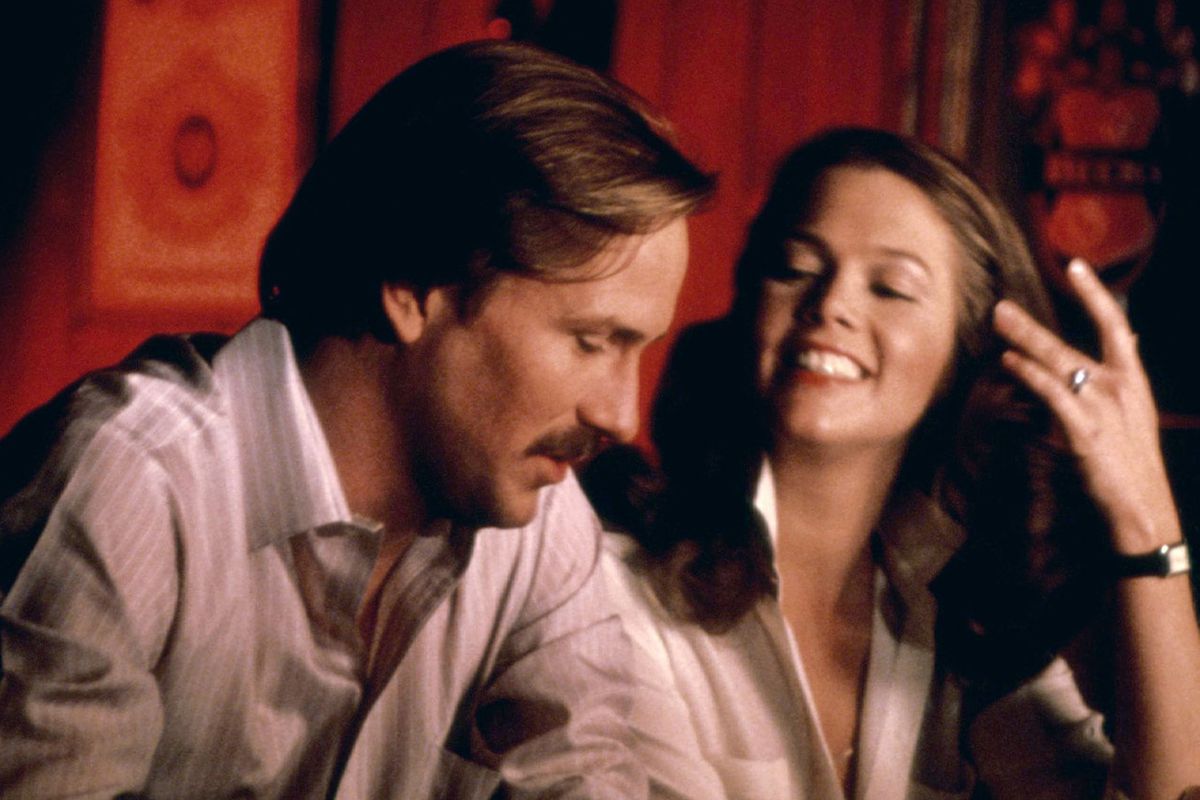
Another delightfully lurid entry in the erotic thriller canon to have in your back pocket once you’ve finish your umpteenth rewatch of “Basic Instinct” is Lawrence Kasdan’s sweat-soaked spin on “Double Indemnity”, in which an adulterous woman meets a gullible Florida lawyer (William Hurt) and convinces him to kill her wealthy husband (Richard Crenna).
Perhaps best remembered as the movie that turned Kathleen Turner into a silver screen icon, the aptly-titled “Body Heat” keeps simmering its erotic tension just below boiling point until it seeps from about every frame. Gushing comparisons to the Billy Wilder’s noir it rips off wholesale may not do it any favor, but viewed strictly on its own terms, this slick slice of neo-noir stands as a potent tissue sample of a long-extinct Hollywood genre that has been sidelined for too long.
16. Cruising (1980)
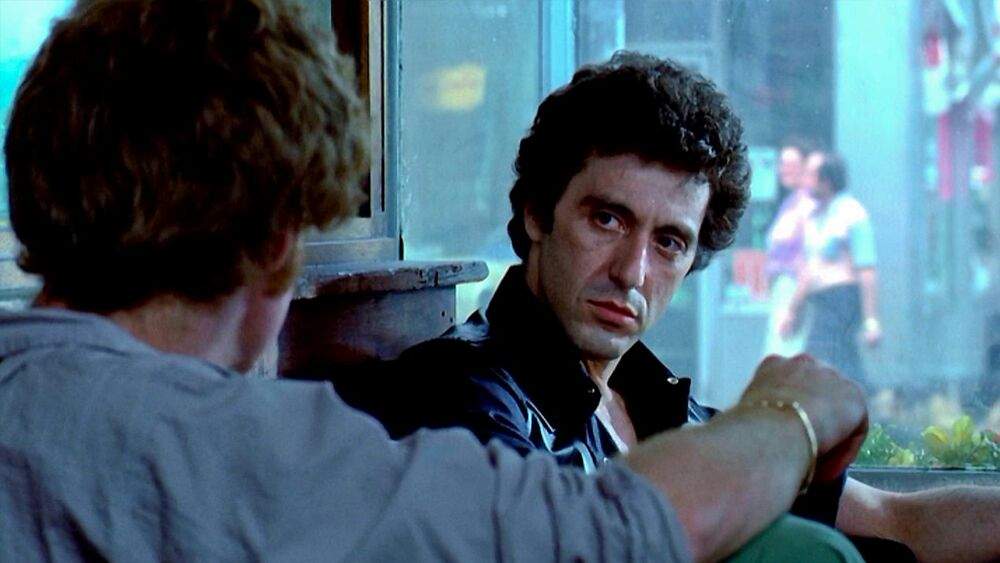
It is a well-known fact that Al Pacino and director William Friedkin didn’t quite meet eye to eye during the thorny production of “Cruising”, a highly controversial novel adaptation about a serial killer who targeted gay men in 1970s New York that was met with protests upon release. That, of course, takes absolutely nothing away from the film’s actual strengths and the actor’s committed lead performance filling the shoes of an undercover police officer who must infiltrate New York’s gay community.
“Cruising” gets sadly overlooked whenever it’s time to discuss Great Pacino performances by virtue of being nestled between his superior seventies output (“The Godfather”, “Dog Day Afternoon”, “Serpico”) and his louder, off-the-rails performances of the mid-eighties (“Scarface”). Nevertheless, Pacino is revelatory in one of the deepest, darkest work of his stacked career, tying together the film with notes of vulnerability and a volcanic rage boiling underneath as he grapples with his undercover identity.
15. Ms. 45 (1981)
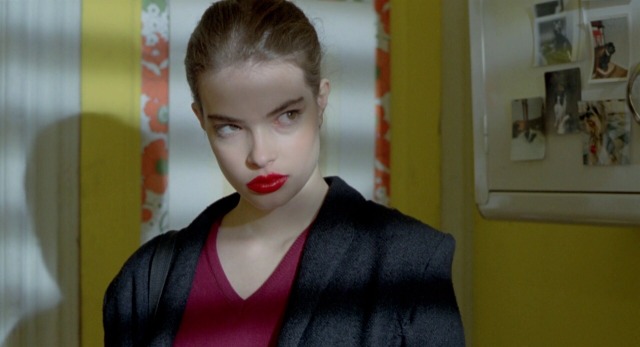
The genius of Abel Ferrara’s thriller is how it takes grindhouse trappings and a relatively standard revenge flick fare—a mute seamstress (Zoë Lund) is brutally attacked and raped, then goes on a killing rampage roaming through New York’s streets at night and blowing away any man fool enough to pick her up—and renders them into a lean and mean 81-minute joy ride into depravity.
Precisely what makes “Ms. 45” stand out and separate itself from more pedestrian offerings is the ingenuous simplicity of its set-up, which Ferrara mines for maximum catharsis as we watch the titular all-around badass vigilante lay waste on her abusers. If you’re a fan of “Kill Bill” or “John Wick” and are ever at a loss for what to watch, we suggest you keep this one on your radar.
14. Escape from New York (1981)
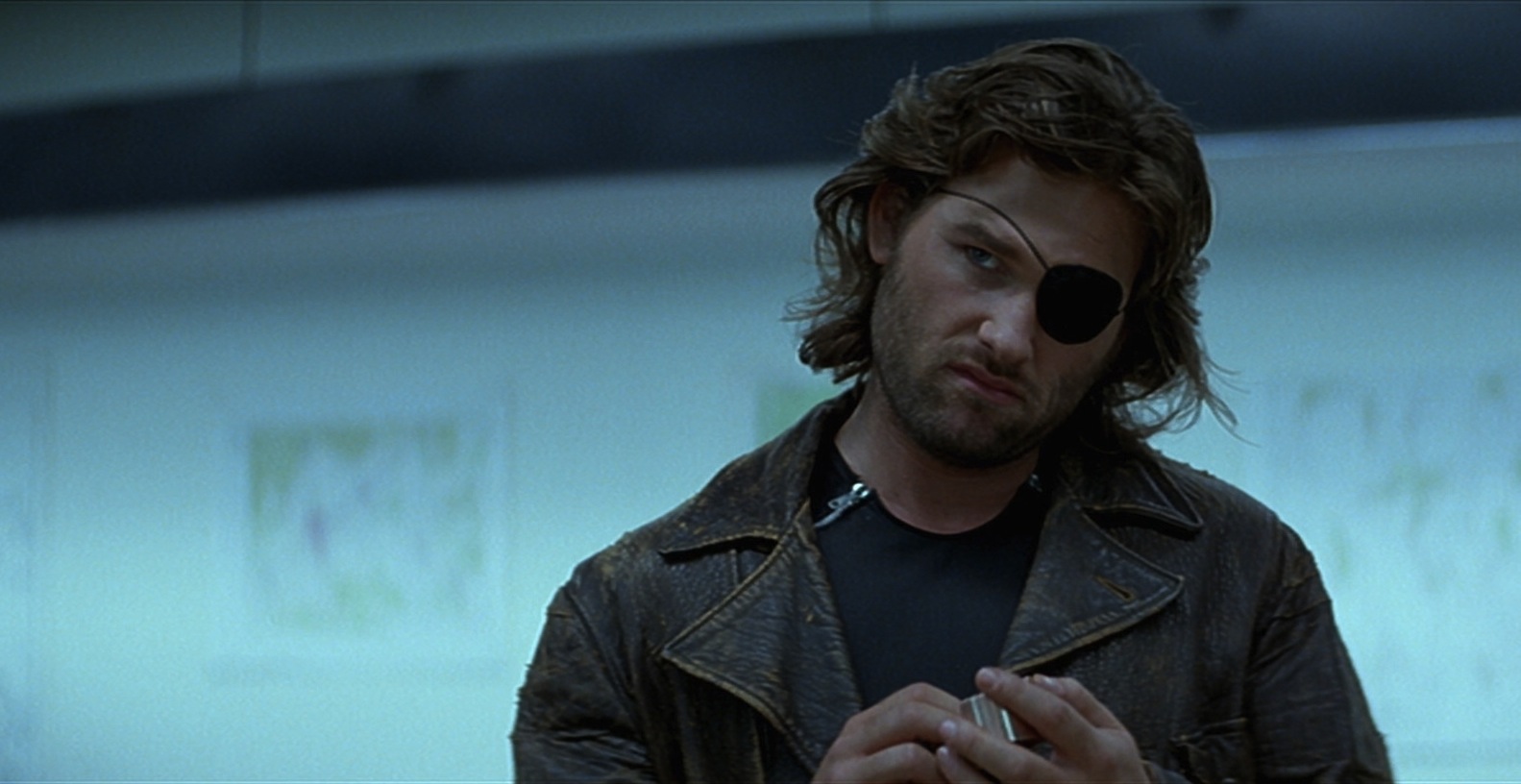
Kurt Russell’s eye-patch-wearing, tough-as-nails ex-soldier-turned-criminal Snake Plissken is so effortlessly cool here that every teenager back then swore he was the coolest man alive during the very same decade that gave us John McClaine, Indiana Jones, John Rambo and the Terminator. By extension, the post-apocalyptic heist film in which he tries to save the US President from Manhattan Island’s maximum-security prison within 24 hours in exchange for his own freedom, is undoubtedly one of the coolest action thrillers to ever grace the silver screen.
There’s a strong case to be made for “Escape from New York” as potentially one of the best John Carpenter movies. Certainly, most fans would agree that it is at least as broadly entertaining as the majority of his well-known heavy hitters. In terms of pure thrills and atmosphere, few Eighties films—Carpenter or otherwise—provided such an evergreen rewatchability value.
13. Cutter’s Way (1981)
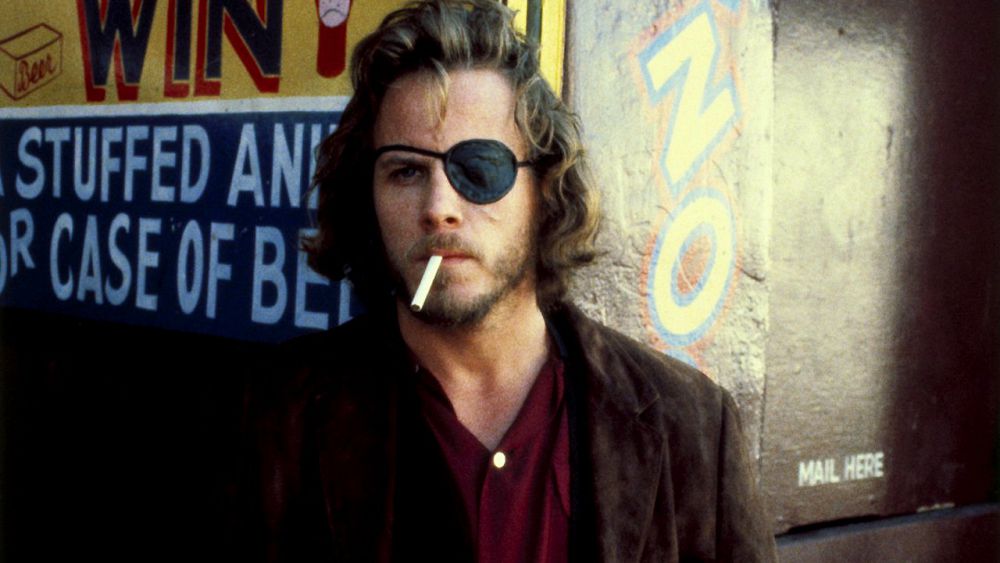
If like us you consider yourself a “Big Lebowski” devotee, this slick slice of L.A. neo-noir in which Jeff Bridges plays a burnout-turned-amateur sleuth investigating the disappearance of a young woman with the help of his neurotic Vietnam vet friend (John Heard) should be high on your watch list.
You can see the the influence of Ivan Passer’s shaggy-dog private-eye movie in everything from the Coen brothers’ 1997 stoner classic to Paul Thomas Anderson’s “Inherent Vice” in how it simultaneously embraces and deconstructs familiar noir tropes as a means to reflect the disillusionment of the post-Vietnam era. The film throws so many twists and curveballs at you that any viewer expecting something resembling a straitlaced resolution is bound for disappointment. If you tune into its crazed wavelength, however, you will find a sun-soaked thriller that forces you to see Tinseltown in a whole new light.
12. Body Double (1984)
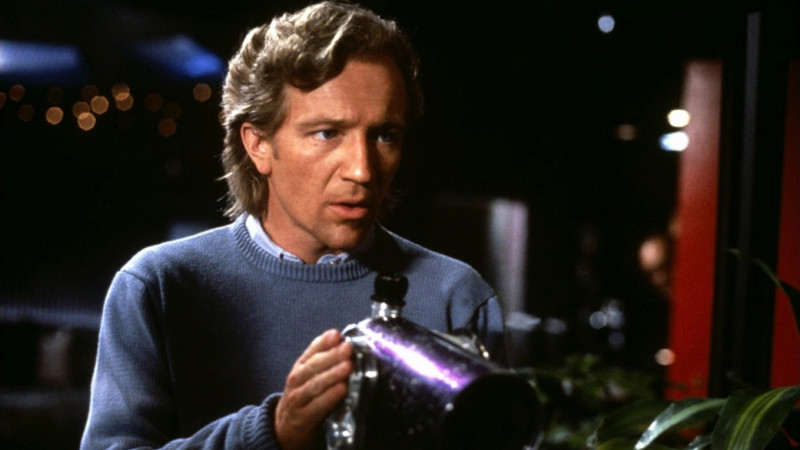
Brian De Palma blew through the Eighties on a creative high, churning out a number of bona fide genre classics (“Dressed to Kill”, “Scarface”, “The Untouchables”), strewn from bits and pieces of his favorite directors. Incidentally, it was around this particular time that the movie brat began to be anointed as the heir apparent to Alfred Hitchcock as the newest poster boy of the thriller genre.
Hints of the Master of Suspense can be found all across De Palma’s oeuvre, but never so apparent as in this 1984 thriller, which takes a page out of “Rear Window” in telling the story of a paranoid voyeur (Craig Wasson) who unintentionally witnesses the murder of one of his neighbors while peering through his home’s telescope one night. Despite its obvious cinematic lineage, though, De Palma’s “Body Double” is perfectly enjoyable on its own terms.
11. To Live and Die in L.A. (1985)
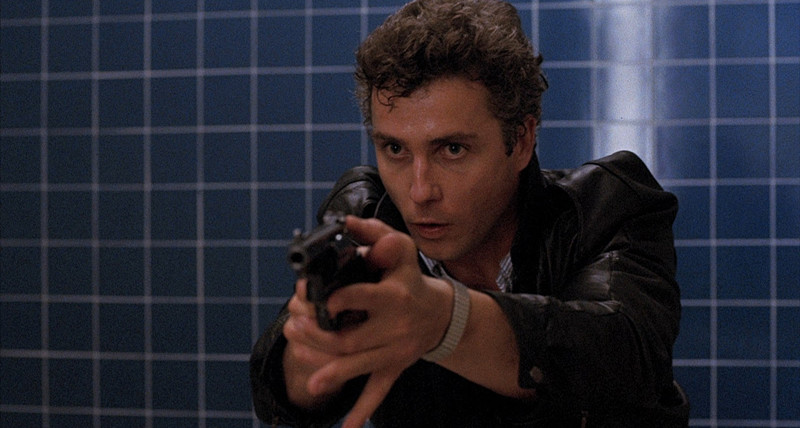
Purists will point to “The French Connection” or “Sorcerer”, sure, but there’s a real argument to be made for this Angelino crime epic as the quintessential thriller in William Friedkin’s glittering filmography. “To Live and Die in L.A.” follows a Secret Service agent named Richard Chance (William Petersen), who leaves no stone unturned in his quest to track down and hunt the master counterfeiter (Willem Dafoe, in a star-making turn) who killed his former comrade-in-arms (Michael Greene).
Not a single minute in this rip-roaring cat-and-mouse game is put to waste: the action highlights will knock the wind out of you (if you haven’t watched it yet, you’re legitimately missing out on one of the greatest car chase sequences ever committed to celluloid), but it’s Friedkin’s nuanced unfolding of the protagonist’s morality, as the lines between right and wrong become increasingly blurred, that gives the movie its lasting power.